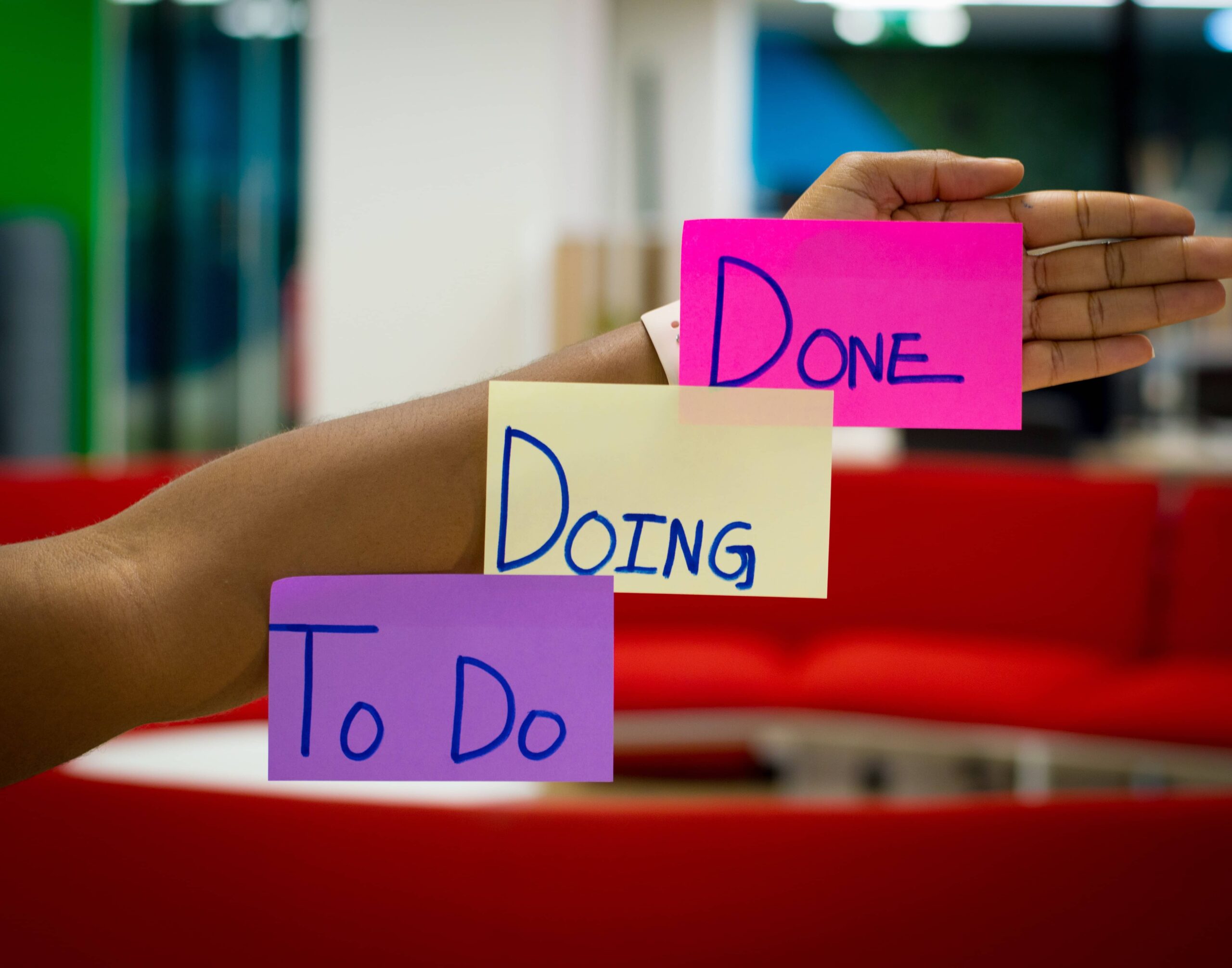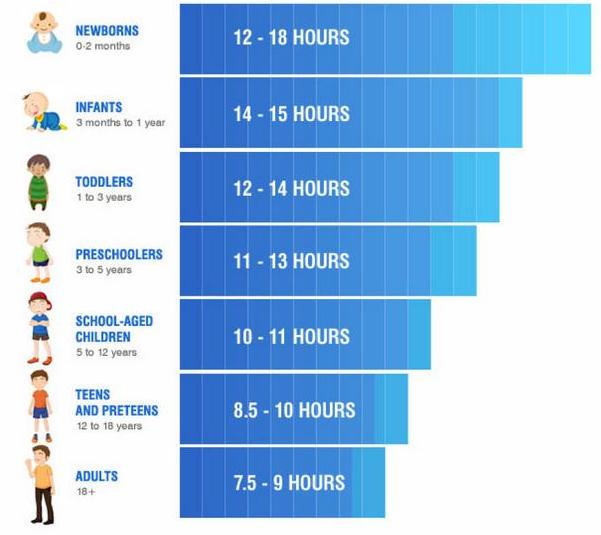
10 Tips for Staying Productive While Working Remotely (from Personal Experience)
Working from home—sounds like a dream.
You can set your own hours, work in your comfy pajamas, and avoid those pesky office politics. It’s a fantastic arrangement.
But let’s face it.
As wonderful as remote work can be, it’s not without its challenges.
There are days when your cat decides your warm laptop is the perfect place for a nap. On other days, your kid has an unexpected diaper emergency during your most important conference call.
Distractions are everywhere, and your productivity taking a hit can become a norm.
How can you ensure your remote working productivity doesn’t suffer in the face of these everyday challenges?
Read on for practical tips from my experience working remotely for 3 years.
Remote Working Productivity Tips
Below are the best tips for staying productive while working remotely.
1. Have a Dedicated Working Space
My dedicated workspace was a bouncy old couch in the living room for the longest time.
It was my go-to spot. A place where I could snuggle up with a cup of coffee and my laptop. However, this setup came with its fair share of issues. Primarily, I had to deal with back problems resulting from hours of poor posture.
This pushed me to upgrade my workspace to a more conventional and ergonomic one—a well-sized desk and a comfortable office chair.
My love for this couch hasn’t entirely faded—it still occasionally serves as my impromptu office.
However, having a dedicated workspace has significantly improved my productivity.
A desk-chair setup removes the risk of posture-related concerns.
Also, the distinction between leisure (the couch) and work (the desk) spaces aids in psychological conditioning.
In other words my brain knows that office chair means work and chair comfort and rest.
This instills a sense of routine and discipline, which are essential to staying productive while working remotely.
2. Establish a Routine
A routine is vital to maintaining a work-life balance while operating from home. This doesn’t mean just having a set start and end to your workday.
You need to go deeper than that and outline what you’ll be doing and at what time.
For instance, work for 90 minutes, then take a 15-minute break.
3. Take Lots of (Effective) Breaks
Taking breaks is super important to stay productive while working remotely, but the kind of activities you choose for your breaks is what really matters.
According to an article from the University of North Carolina at Chapel Hill, quick diversions can seriously boost your focus.
But not all breaks are created equal.
Things like mindlessly scrolling on your phone or surfing the web might seem like a break, but they actually overload your brain with decision-making fatigue.
Next time you take a break, go for activities that help you disconnect and recharge. A short walk, a little meditation, or even just stepping away from the screen to make a cup of coffee can do wonders for your mind and keep your productivity on point.
4. Get an Accountability Buddy
Having an accountability buddy can greatly improve your remote work productivity. This is someone you share your daily or weekly goals with and who supports you in staying committed to those targets.
They are crucial in motivating and making you more responsible for your tasks.
Regular catch-ups over calls can make this process more engaging and fruitful. This could be a brief daily call to discuss progress, challenges, and the next day’s action plan.
Pro Tip: Choose someone who won’t let your procrastination slide. However, make sure they are gracious enough for the days that you really need it.
5. Plan Your Meals in Advance
Working remotely often gives the illusion of having more time, but when the midday hunger strikes, spending an hour preparing a meal can feel like an unwelcome productivity drain.
Instead of snacking on unhealthy food options that are notorious for their energy-sapping effects, consider meal-prepping your lunch.
Preparing a well-balanced meal the night before will ensure you have a nutritious and filling lunch ready. It will also save you precious time during your workday.
Alternatively, you could cook a larger dinner and allocate a portion for your lunch the following day.
6. Get 7-8 Hours of (Quality) Sleep
I’ll be the first to admit I often fall short in this area.
However, it’s undeniable that insufficient sleep directly undermines productivity.
Grogginess, lethargy, and an overworked mind are all too frequent companions of late-night work sessions.
According to the Sleep Foundation, adults require between 7 to 9 hours of sleep each night.

7. Set Clear Boundaries and Expectations
One of the biggest challenges while working remotely is dealing with distractions, especially when sharing your space. Be it family, friends, or roommates, it’s vital to communicate your working hours and the need for peace during this time.
Let them know that you’re engaged in professional tasks requiring concentration despite being physically present.
Setting these boundaries helps reduce interruptions and allows you to maintain a healthy work-life balance.
You could use a sign, a closed door, or even headphones as visual cues that you’re in the zone and shouldn’t be disturbed.
8. Use a Website and Notification Blocking App
We’re in the age of constant digital distractions. So yes, you’ll have 600 unread emails and Facebook notifications.
The solution?
Use a website and notification-blocking app.
My favorite tool for combating distractions and staying productive while working remotely is BlockSite.
This user-friendly app allows you to block websites and app notifications that can distract you during work hours.
If you have ADHD, time management and fighting off distractions will be more difficult. Luckily, there are several tools specifically designed to aid in these areas.
Have a look at this helpful list of ADHD Time Management Tools. This includes a variety of apps and technologies that can help manage distractions, organize tasks, and improve time management skills, all of which are crucial for maintaining productivity while working remotely.
9. Organize Your Tasks with a Task Manager or To-Do List
Another key element to staying productive while working remotely is organization.
Without a clear plan and system, it’s easy to feel overwhelmed and lose track of tasks.
A task manager or to-do list can greatly help with this by allowing you to prioritize tasks, set deadlines, and track progress.
There are many options available, from simple to-do list apps like Todoist to more advanced project management tools like Trello.
My preferred tools are Google Keep and Asana. You can explore these tools and other exceptional project management software in this article on our blog.
10. Have a Set Time for Email and Notification Viewing
Continuous checking of emails and notifications can hinder remote working productivity. Designate specific times for reviewing and responding to avoid distractions and focus on essential tasks.
If you consistently adhere to this schedule, you can train your brain to resist impulsive inbox or notification checks, reducing interruptions and boosting remote work productivity.
We recommend diving into our blog post: What is the Best Way to Stay Organized at Work? 9 Hacks from Actual Office Workers! for more strategies and practical tips.


